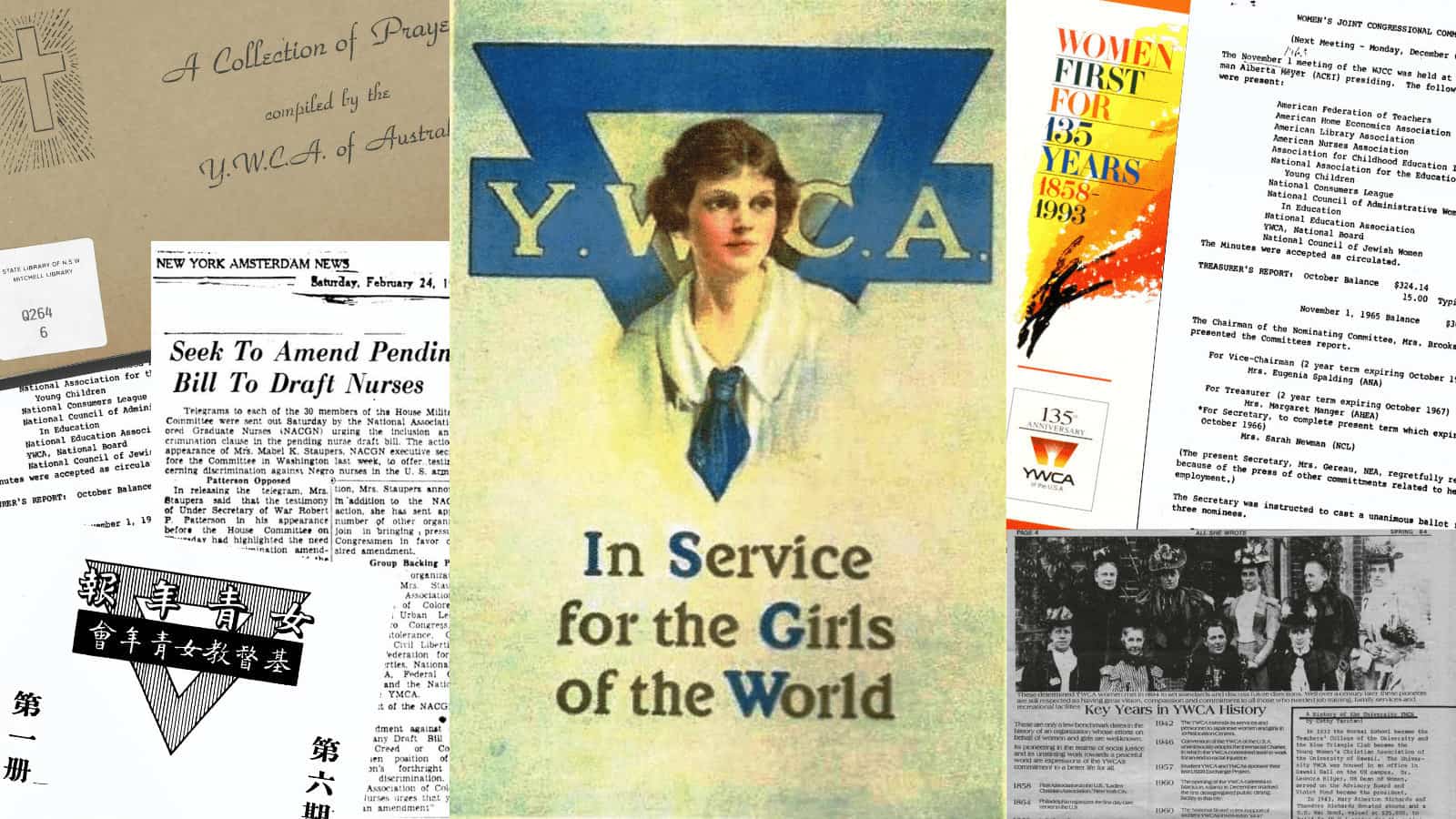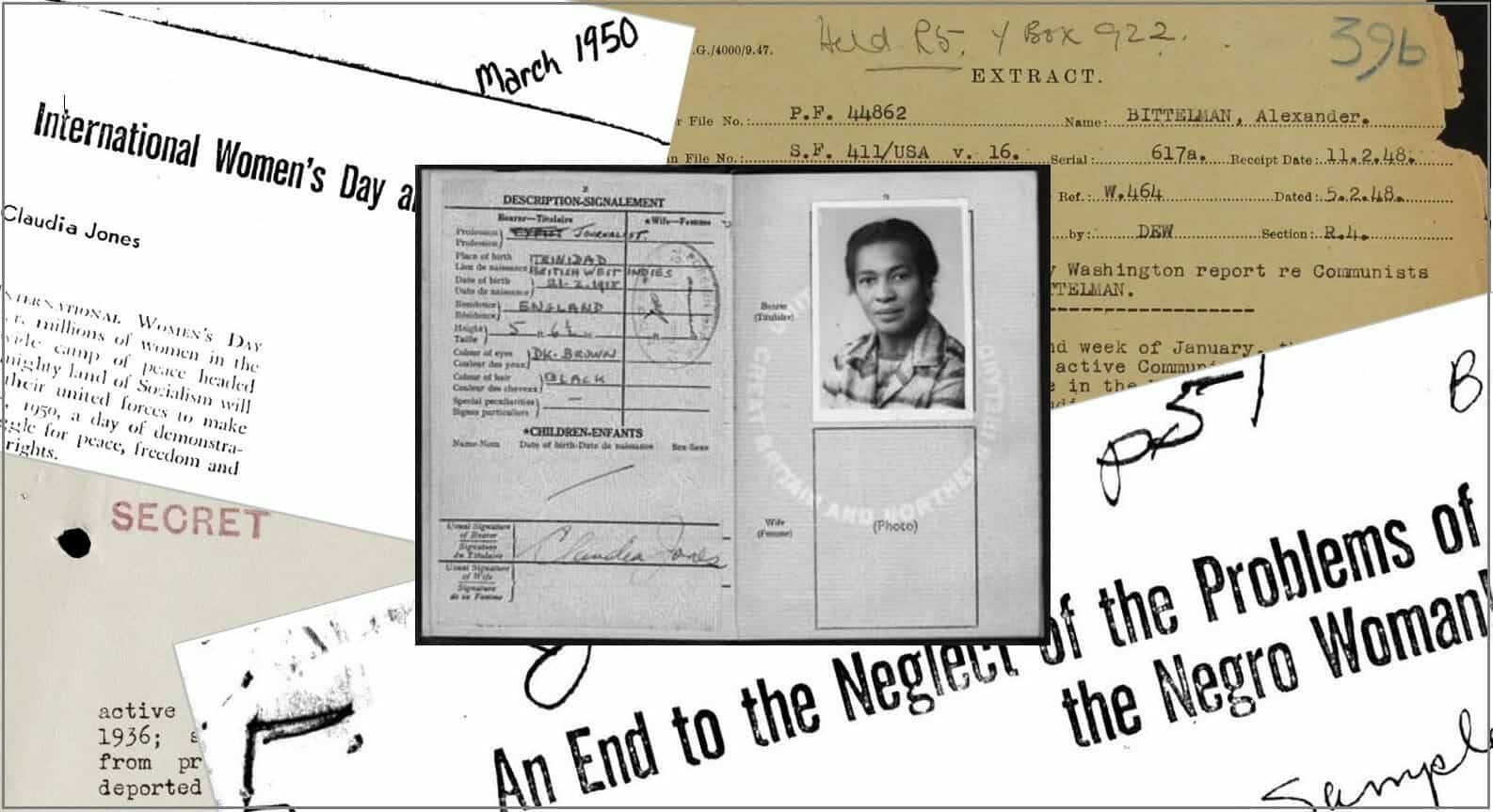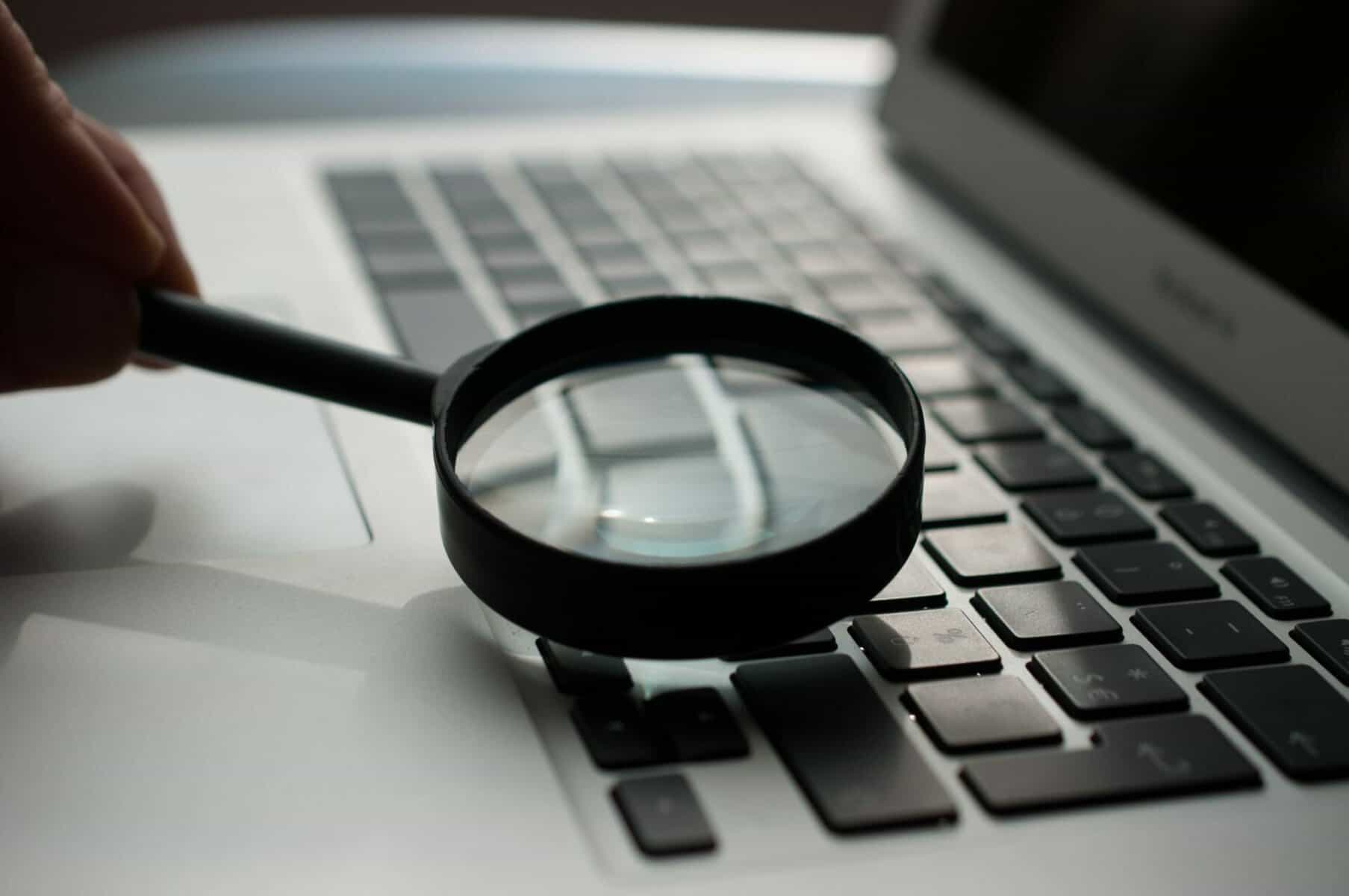│By Lydia Clarke, Gale Ambassador at the University of Leeds│
Moving to a completely new place is incredibly challenging. After A-Levels, I know the last thing you want to think about is university assignments, but I promise they are not that scary. Whilst there is sadly not a magical wand to whisk away university stress, this blog post will hopefully help you manage your coursework without burning out. Gale Primary Sources digital archives were massively helpful for me to find relevant primary source material and get to grips with practising my critical thinking skills. I will demonstrate how in my first year at university I used a book I found in Eighteenth Century Collections Online to apply and evaluate my analysis of the debate about gender studies in history for my coursework.


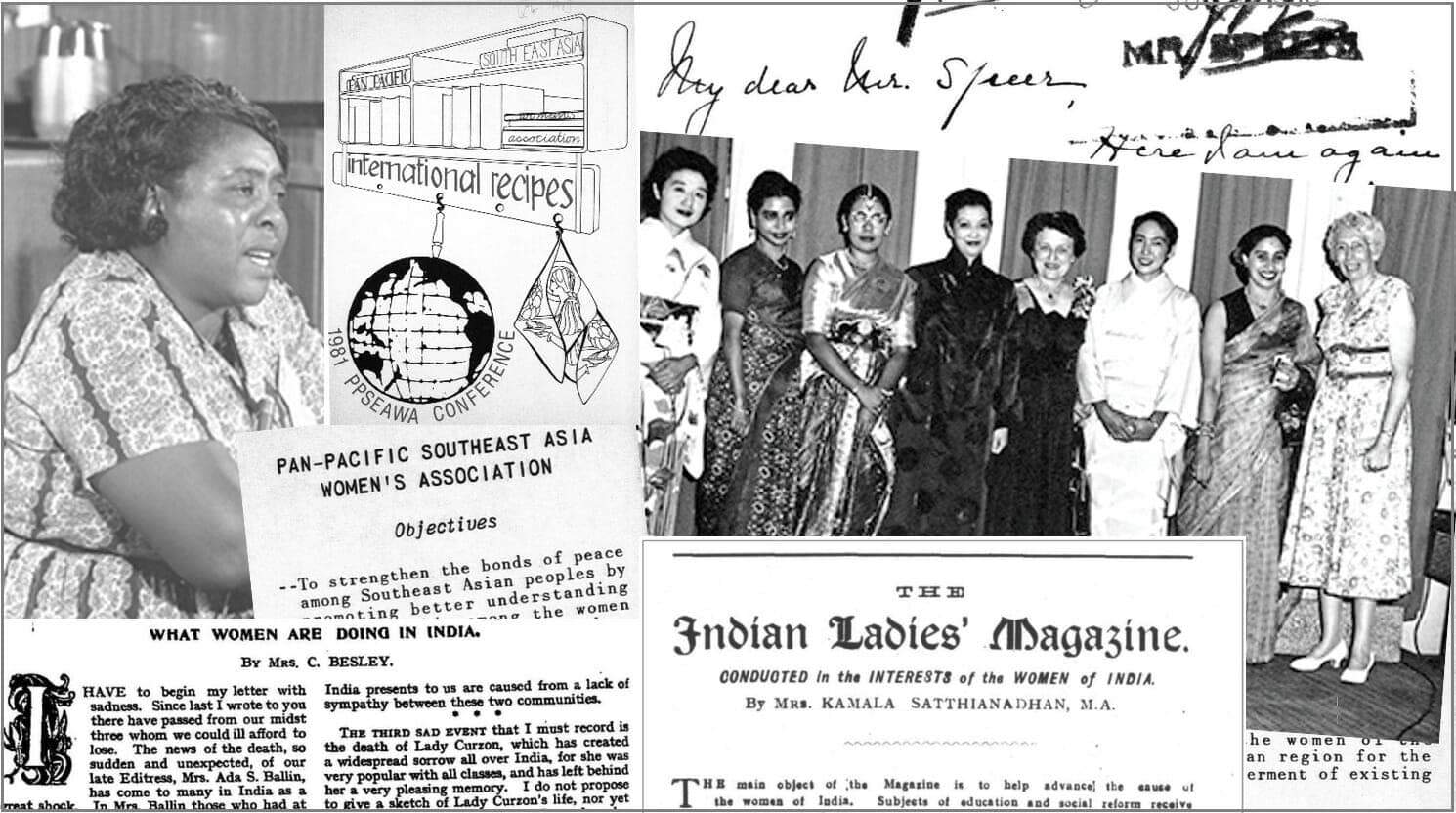
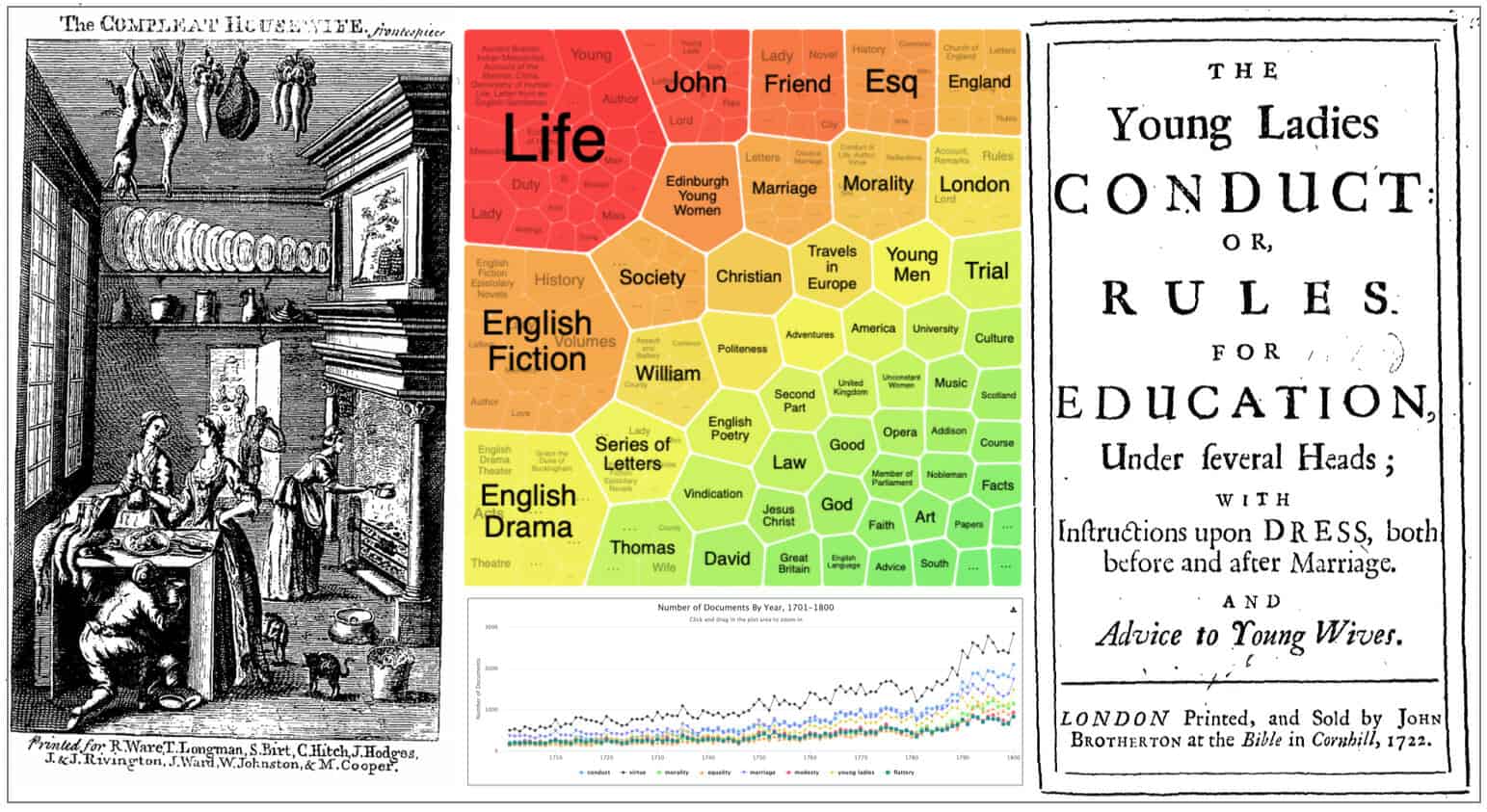
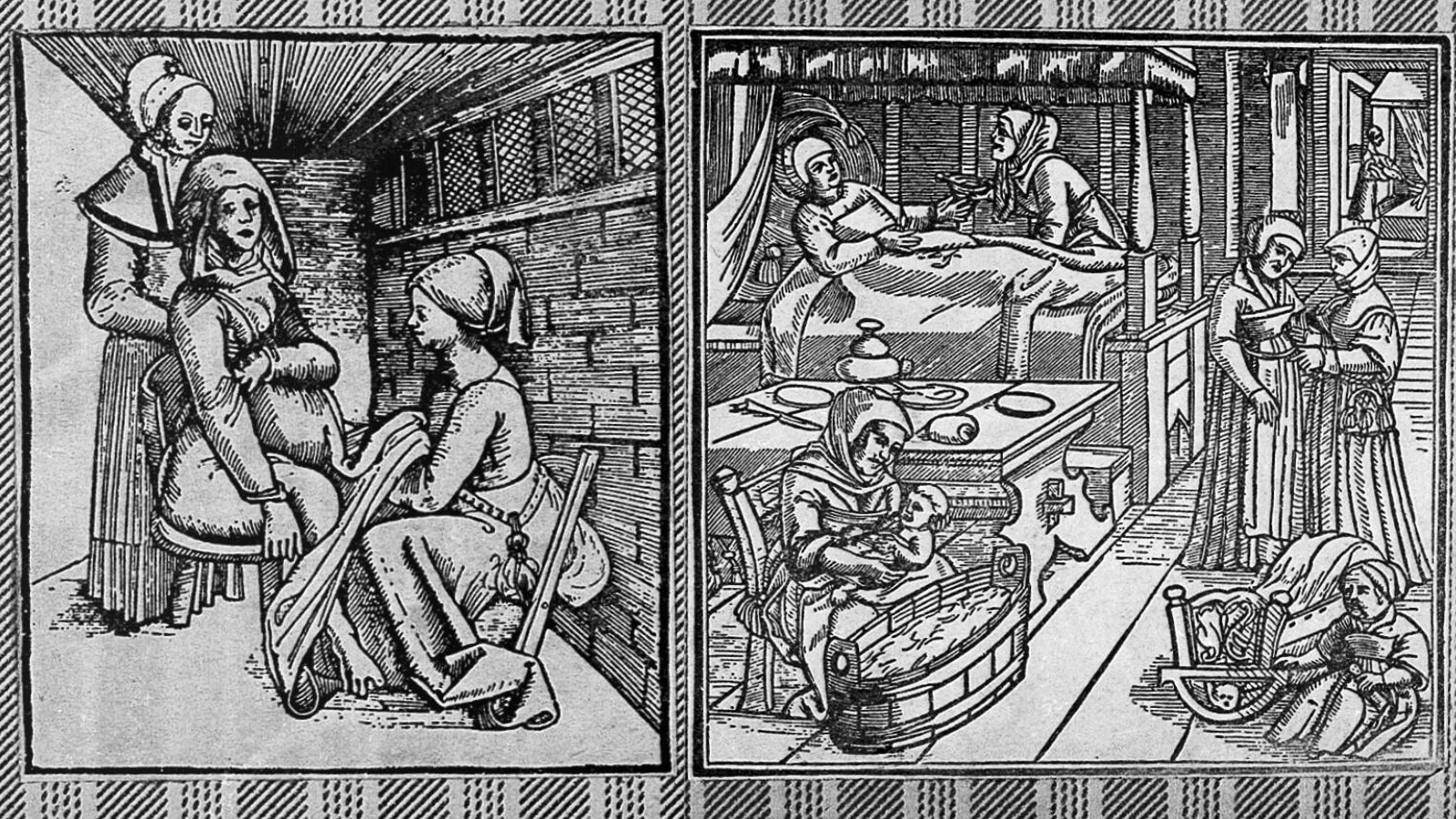
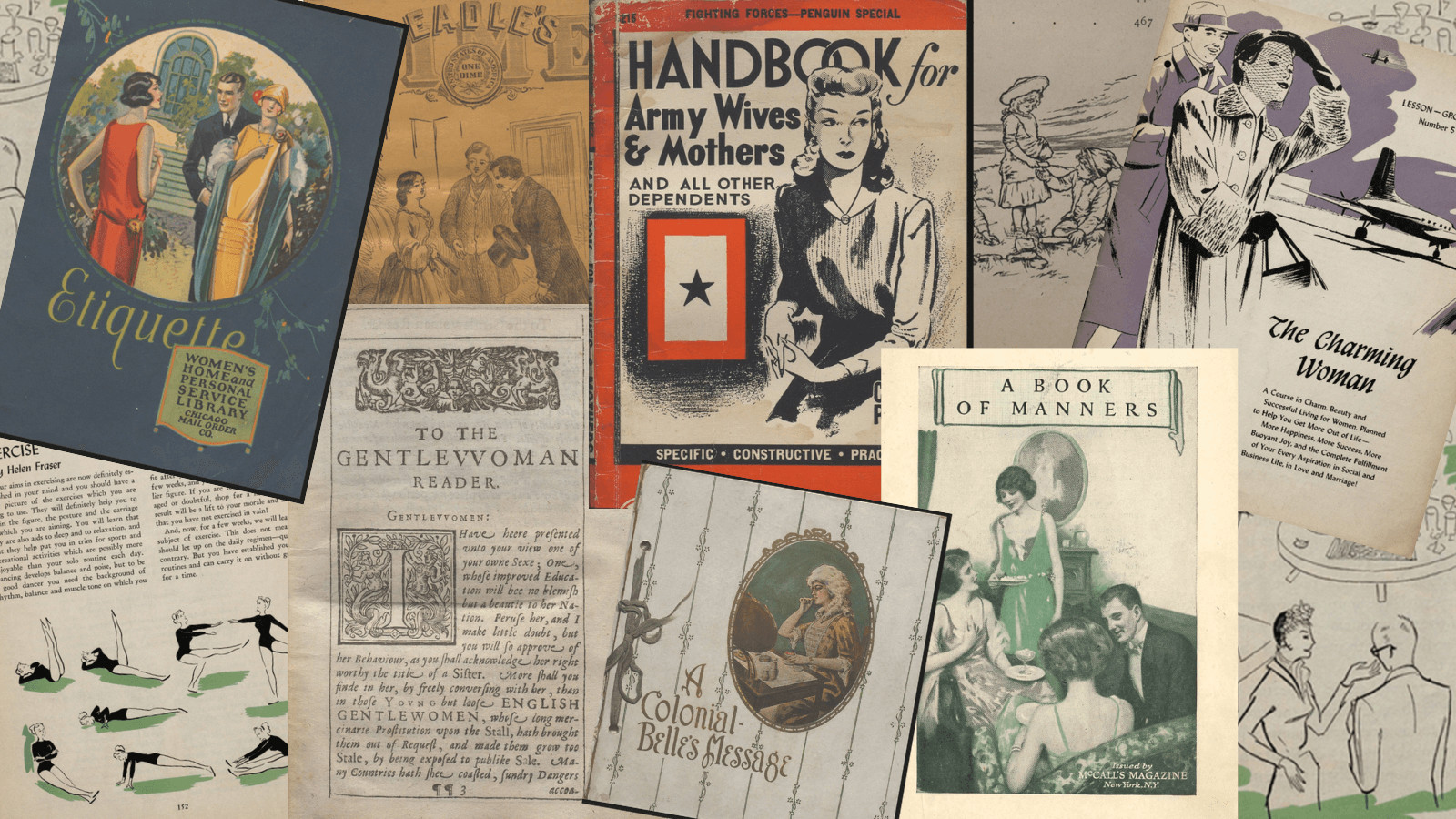
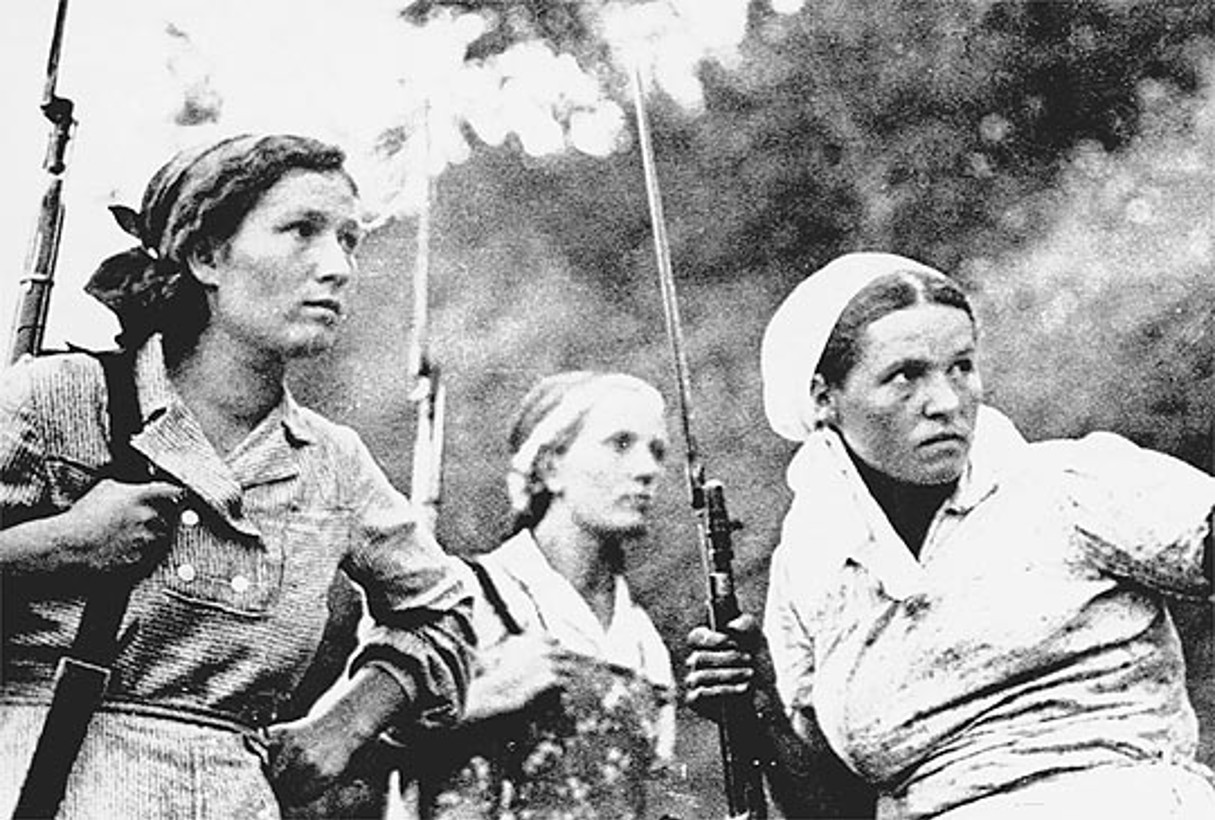
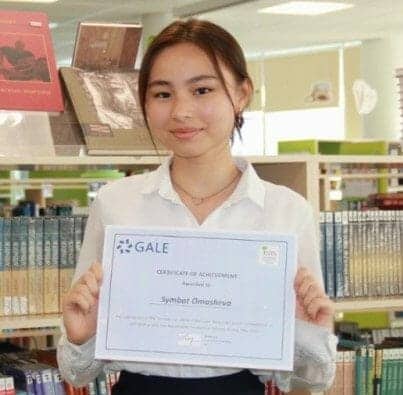 In Spring 2022, Gale ran a competition with Nazarbayev Intellectual Schools, Kazakhstan, which gave students at schools within the group the chance to research and write about a topic of interest – with the two top entries published on The Gale Review! Below is the runner up entry, a superb piece by Year 11 student Symbat Omasheva.
In Spring 2022, Gale ran a competition with Nazarbayev Intellectual Schools, Kazakhstan, which gave students at schools within the group the chance to research and write about a topic of interest – with the two top entries published on The Gale Review! Below is the runner up entry, a superb piece by Year 11 student Symbat Omasheva.
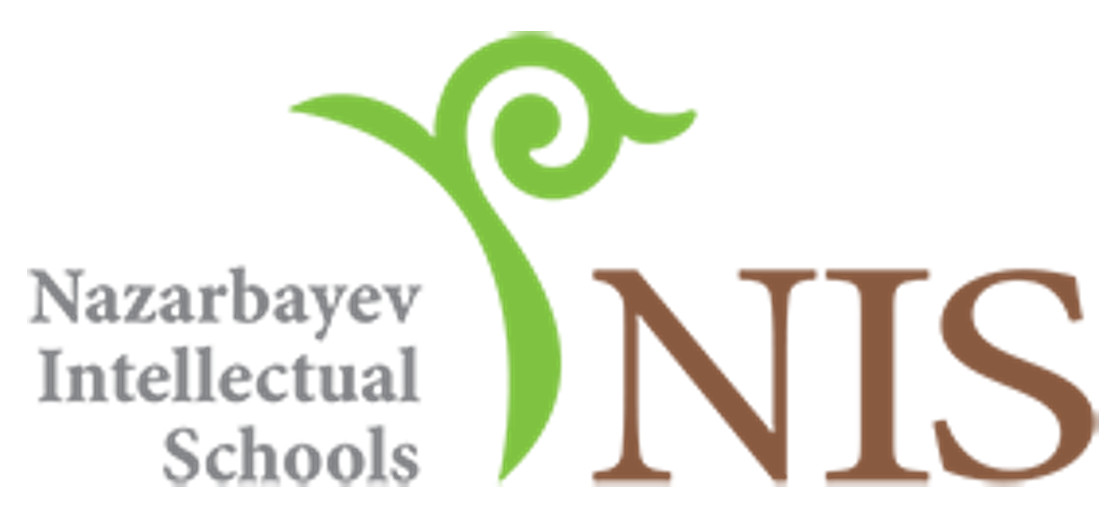 The schools within the Nazarbayev Intellectual Schools group have access to the
The schools within the Nazarbayev Intellectual Schools group have access to the 
